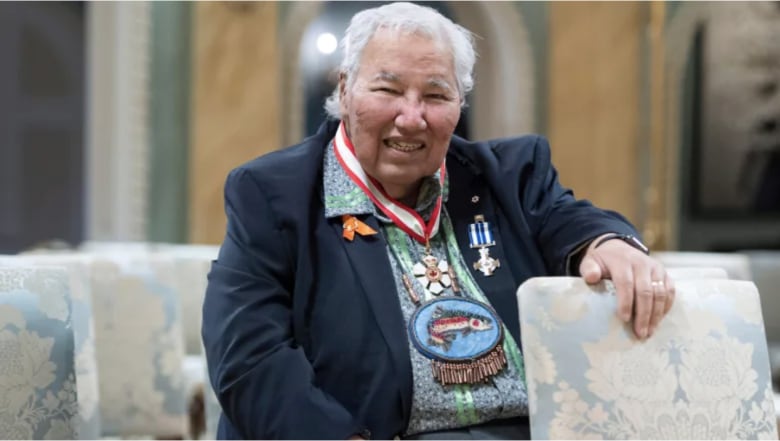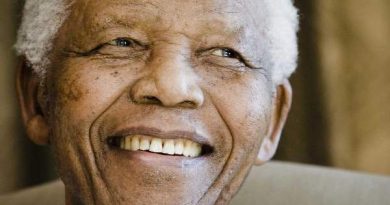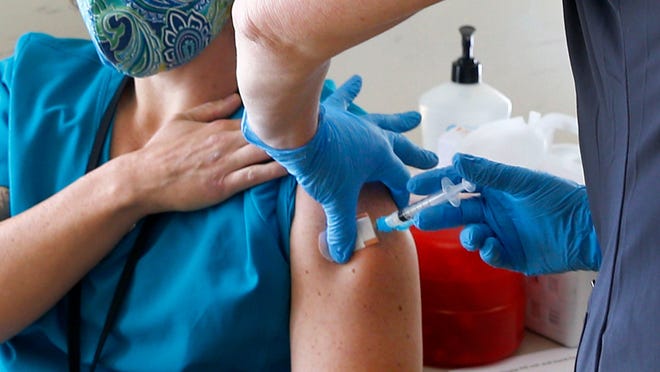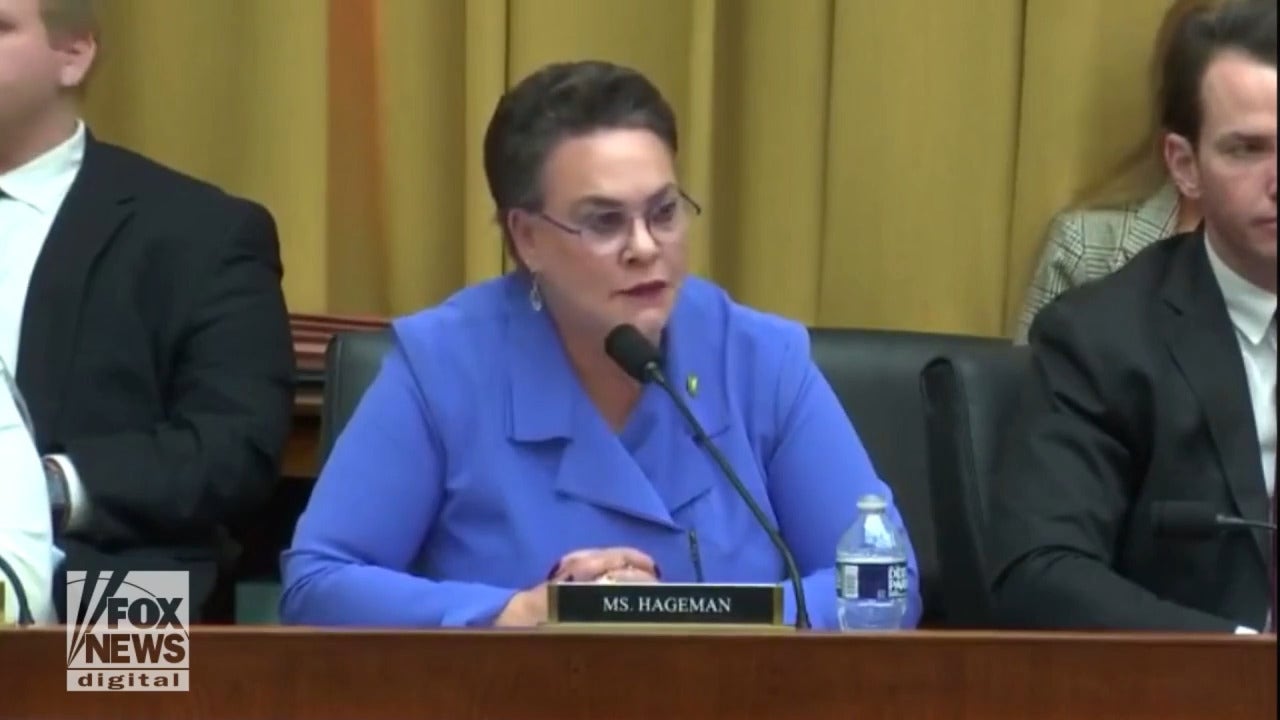Queen’s University should apologize, create process to validate Indigenous identity: report
A review of how Queen’s University in Kingston, Ont., evaluates Indigenous identity when hiring staff calls for the school to apologize for the pain the issue has recently caused and recommends all faculty who self-declared as Indigenous undergo a new process to validate their identity.
The 32-page report from First Peoples Group, an Indigenous advisory firm, was released Friday and comes after an anonymous report surfaced online last June alleging six instructors, professors and associates at Queen’s had falsely claimed Indigenous identity.
The report issues seven recommendations, including that the university set up a department of Indigenous studies. It also suggests that only those who are qualified, Indigenous and have lived experience be considered for any teaching position that should be held by Indigenous people.
It also rejects a controversial community that has had strong affiliations with the university for years — the Ardoch First Nation — describing the “odd relationship” as the report’s “raison d’être.”
Three of the people named in the anonymous report are members of the Ardoch First Nation, a non-status community in eastern Ontario.
Queen’s initially defended those individuals, but changed its position after nearly one hundred Indigenous academics and leaders across North America signed a letter asking the school to take the allegations seriously.
“Ardoch is not a First Nation despite it positioning itself as such,” states Friday’s report.
Unless Indigenous communities have been granted authority from their nation to speak on its behalf and enact its law and ceremonies, they are simply an urban Indigenous organization and “cannot grant or imply citizenship equals Indigenous identity,” it adds.
That stance aligns with statements from Wendy Jocko, chief of the Algonquins of Pikwakanagan First Nation, who previously told CBC that Ardoch is “not a First Nation” and includes “people who do not meet any of the criteria for belonging to the Algonquin Nation.”

University vows to set up oversight council
Queen’s principal Patrick Deane said in a statement Friday that the university accepts the report’s recommendations in principle and as a starting point.
“Our immediate response will be to establish an Indigenous Oversight Council to advise the university on matters of Indigenous representation and citizenship,” he wrote.
Deane said members of the council will come from the lands on which Queen’s was built and will help set up a “more comprehensive approach” to Indigenous identity.
First Nations whose territory overlaps with Queen’s include the Mohawks of the Bay of Quinte, Alderville First Nation, the Algonquins of Pikwakanagan and Kitigan Zibi Anishinābeg, according to the report.
In a statement, Queen’s chancellor Murray Sinclair said the council will be a step toward an Indigenous-led process of confirming one’s identity that doesn’t rely on self-identification — which has “proved insufficient in creating a safe, respectful and inclusive community” at the university.
The retired senator and former chair of the Truth and Reconciliation Commission added the changes shouldn’t stop at hiring, calling for the university to develop programming that teaches Indigenous knowledge, traditions and cultures.
After the report’s release, Sinclair told CBC Radio’s Ontario Today that the university was “rightfully” being criticized for lacking an appropriate policy around self-identification — but added that for most of Canada’s history, claiming to be Indigenous was seen as a “negative thing.”
“It would result in you being treated unequally [and] in a negative way. And so it’s only been recently that people have been actively and publicly been declaring their Indigenous identity,” he said.
“The one thing we have to be careful of is that people can take advantage of that — and advantage of the willingness of institutions and organizations to rely upon [those declarations] solely.”

Report says many hurt, insulted
First Peoples Group says it heard from Indigenous people who are “deeply disappointed, hurt, and insulted,” adding “many are embarrassed to be associated with Queen’s.”
Its first recommendation — arrived at after discussions with First Nations on whose territory the university stands — is for Queen’s to apologize and to hold healing ceremonies.
The report calls for Queen’s to set up a department of Indigenous studies and suggests hiring four instructors, with “one from the east, one from the south, one from the west and one from the north.”
It also discusses qualifications to teach Indigenous studies, saying the authors heard clearly that those without citizenship and lived experiences should not be doing so.
The process of implementing the recommendations will begin with forming the oversight council and that will “take a bit of time,” said Janice Hill, the university’s vice-principal of Indigenous initiatives and reconciliation
“Some of them are very complex and some of them are going to be easier than others to implement. We’ll be able to identify with [the council] which ones we can act on most expediently,” Hill told Ontario Morning.
Queen’s, as a colonial institution, doesn’t have the authority or right to determine who is Indigenous.– Janice Hill, vice-principal of Indigenous initiatives and reconciliation
The report’s authors said they heard that at a minimum, the validation policy for Queen’s should include citizenship or membership cards, plus a professional reference and references from a family member and an elected First Nations, Inuit or Métis leader.
Those who couldn’t fulfil the criteria could submit a written story and photos citing relatives who don’t go further back than their grandmother or grandfather. The stories would take the form of an affidavit that would be investigated, the report suggests, and if anything was found to be false, the employment contract would be invalid.
“Queen’s, as a colonial institution, doesn’t have the authority or right to determine who is Indigenous,” said Hill. “It must be an Indigenous-led process.”
Canada’s residential school system broke the connections many Indigenous people had with their cultures, which partly explains why it’s hard for some people to concretely establish their citizenship within a particular community, Sinclair added.
The report notes that opinions on what should happen to staff who don’t meet the new Queen’s requirements range from finding them alternate assignments at the university to firing them.
“We heard strongly that people whose claims of identity are unproven or may be unprovable be moved out of positions of influence in any Indigenous course or program or related field of study,” the report says.
“While it may not be clear what should be done, it is clear that something must be done.”




